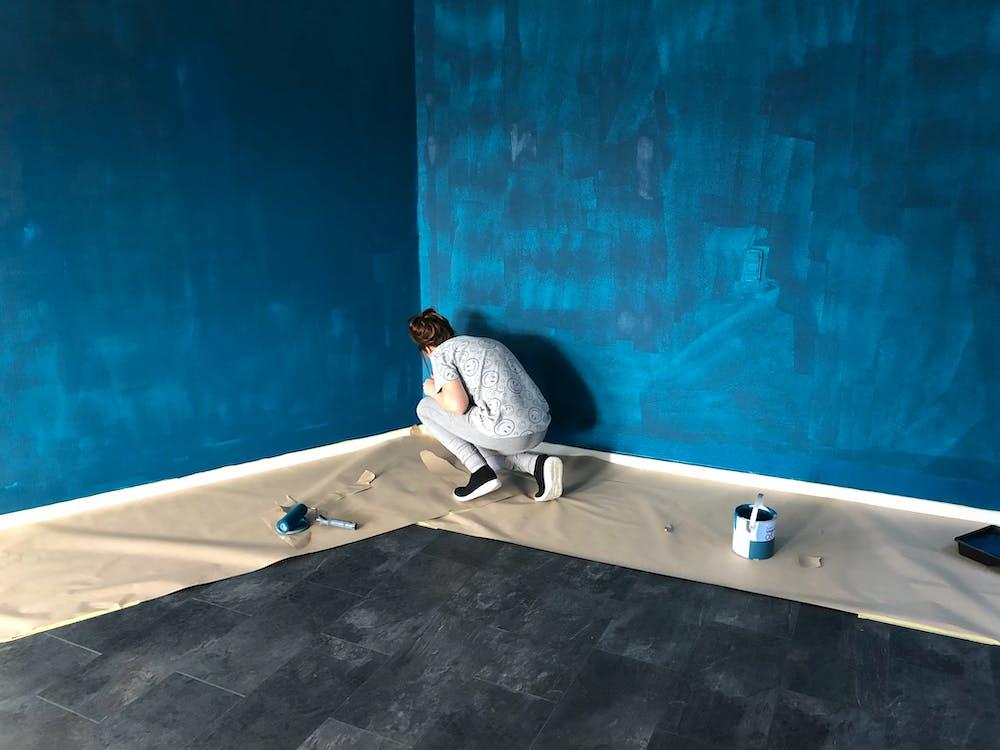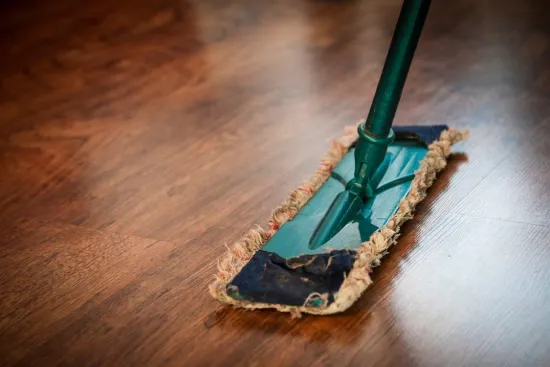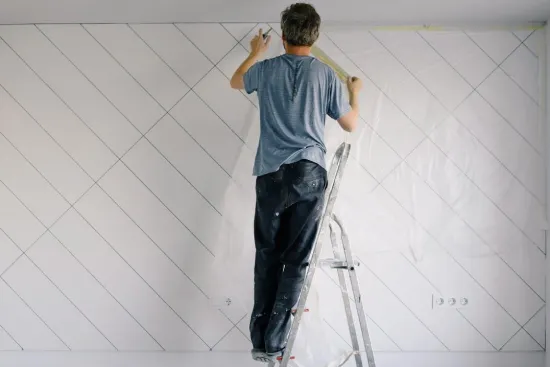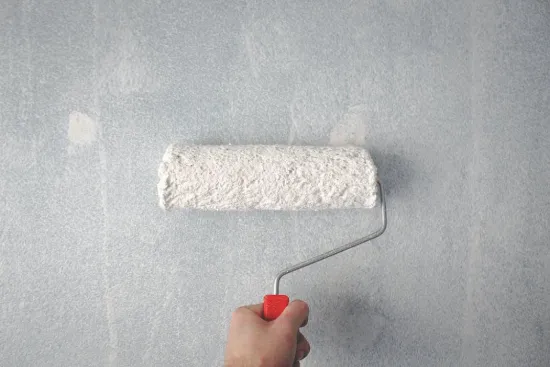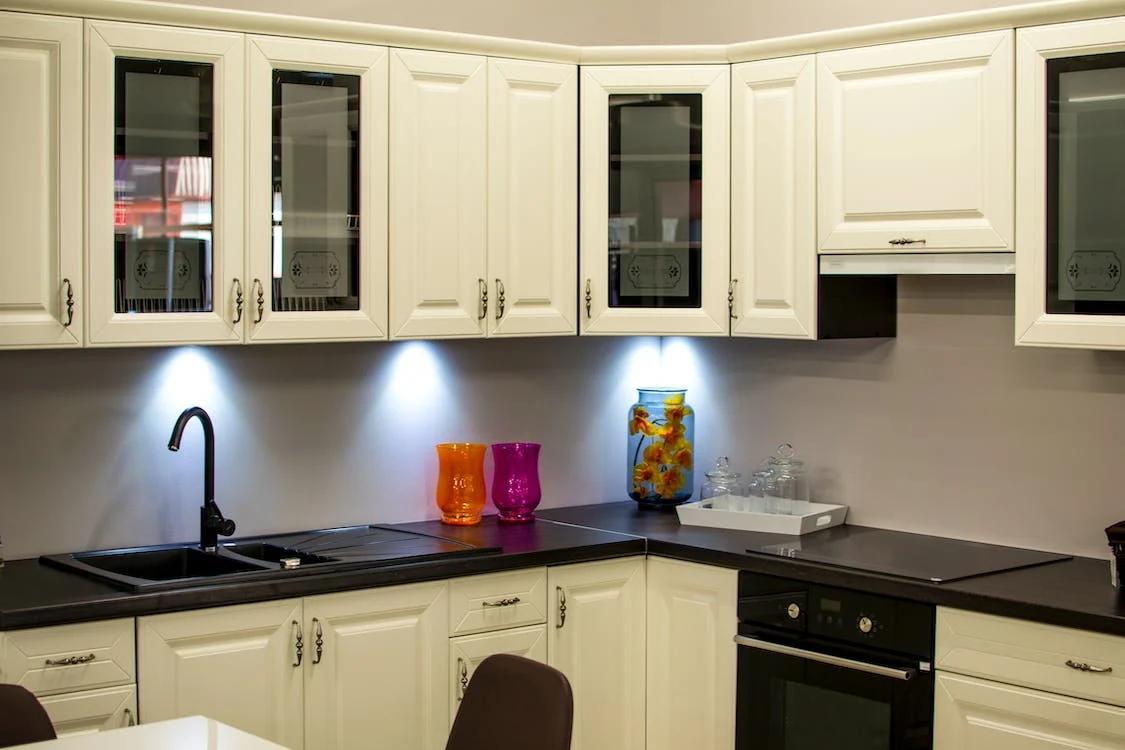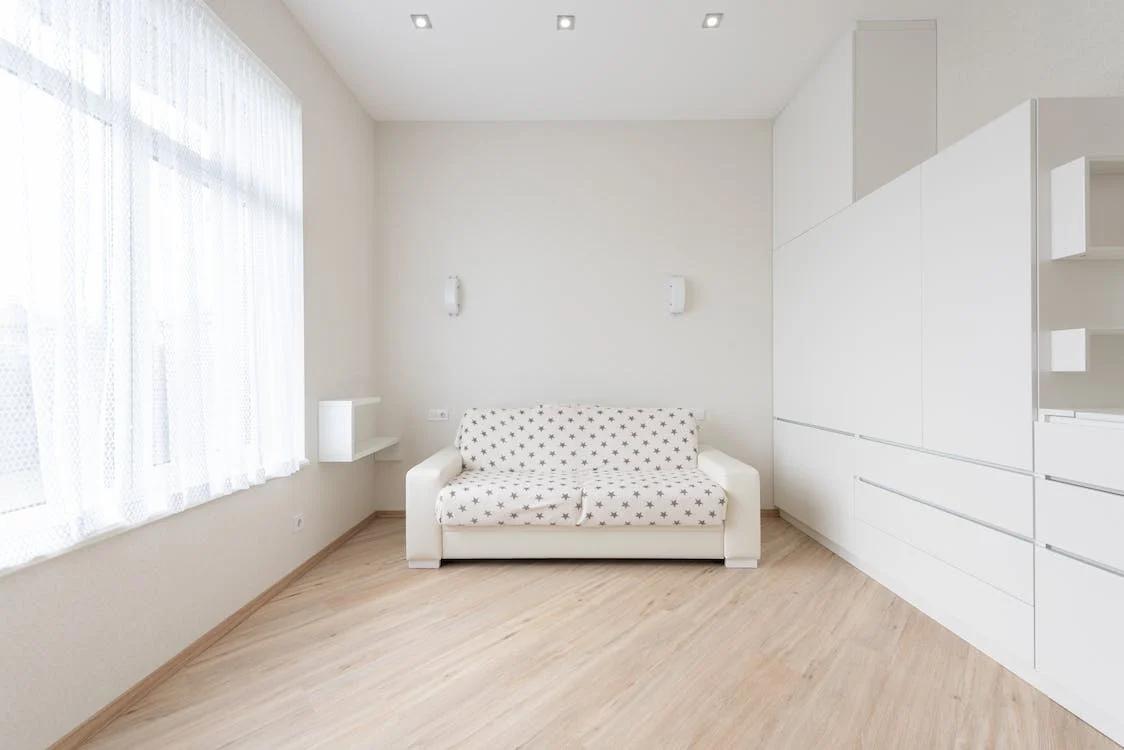What Is A Security Deposit?
A security deposit is the amount of money a landlord can ask for, besides the first month’s rent when you move into an apartment. It can be used to cover the cost of repairs if you damage the property during your stay or as payment if you leave without paying your last month’s rent.
Landlords have a right to collect security deposits, but there is a limit to how much they can ask for. Thanks to the rent reforms that were introduced to benefit renters, the security deposit in NYC at this time cannot be more than one month’s rent.
What Can The Security Deposit Be Used For?
The security deposit you pay to your landlord can only be used to cover certain expenses:
- Your last month’s rent if you don’t pay it when you are moving out.
- The cost of repairs for any damage done to the apartment. It doesn’t include general “wear and tear,” which happens when you are simply occupying the apartment.
- Any unpaid utility bills and maintenance fees (if you, as the renter were supposed to pay the landlord directly)
- Cleaning costs to return the property in the condition it was originally handed over to the tenant.
A landlord cannot use your security deposit however and whenever they wish. They are supposed to keep the security deposit in a NY state bank account that produces interest until needed. If the interest rate is higher than 1%, the landlord should keep the 1% and give the remainder to you, i.e., the renter. But this rule doesn’t benefit the renters since interest rates are below 1%.
When Do You Get Your Security Deposit Back?
Landlords are legally required to pay back the security deposit to you within 14 days of you vacating/leaving the property. But you may not get the full deposit back.
When you are leaving the property, the landlord can use the security deposit to pay for the qualified expenses mentioned above. If there are no expenses, you get the full security deposit back. If there are some expenses, but they are less than the amount of the security deposit, the landlord will pay you the difference. And if the security deposit is not enough to cover the expenses, you may to pay the difference or take care of the repairs and other financial obligations).
Legally, a landlord cannot keep part or all of your security deposit without just cause, and there are ways to ensure that you get your security deposit back.
How Can A Renter Get Their Security Deposit Back In NYC?
As a renter, you can get all of your security deposit back if you haven’t caused any damage to the property (apart from general wear and tear) and have met all your financial obligations, including rent and utilities. Your goal should be to return the apartment to your landlord in the condition that you got it (or as close to it as possible).
A few things you can do to get your deposit back are:
- Inspect the apartment thoroughly before you move in and document any problems and damages you see before taking the keys.
- Keep the apartment neat and clean and repair any damages that you have caused in the property (and are your responsibility to fix, not your landlord’s).
- Ideally, don’t break your lease. The law is a bit unclear about whether a landlord can keep your security deposit if you break your lease (after the rent reforms), but in some cases, your deposit might be at risk. You have to help your landlord in re-renting the apartment (like being available for showing the property). If there is no loss of rental income, you pay all your dues, and you give proper notice, you may walk away with your security deposit even after breaking your lease. There might be another penalty fee written into your lease.
- You have a legal right to request and be present at an inspection before you leave the apartment, and the landlord is required to inform you of this right in writing. After the inspection, the landlord is obligated to provide you an itemized list of all the repairs and cleaning you have to do. If you take care of every item on the list, they can’t keep any part of your security deposit for damages to the apartment (or for cleaning it to get it back to its original form). If not, the landlord has the right to use part (or all) of your security deposit for the repairs.
- Meet all your financial obligations, including utility bills, until the day you are leaving the apartment.







